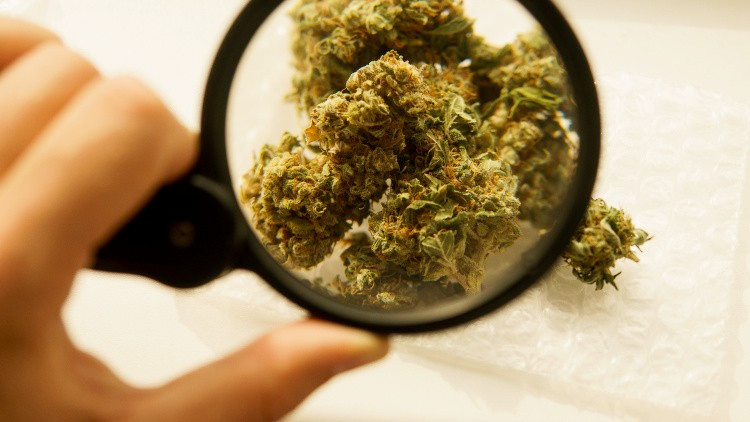New study demonstrates safety profile of CBD on multiple endpoints, including liver function, testosterone levels, and daytime drowsiness
A new safety study conducted by Validcare demonstrates the strong safety profile of orally-ingested CBD. This study builds on the results of a previous safety study that included a cohort of 839 subjects taking CBD products manufactured by 12 companies.
Photo © AdobeStock.com/contentdealer

A new safety study conducted by Validcare demonstrates the strong safety profile of orally-ingested CBD. This study builds on the results of a previous safety study that included a cohort of 839 subjects taking CBD products manufactured by 12 companies. That cohort used liver function as a primary endpoint, and determined that supplementation with CBD did not negatively impact liver function. With the addition of the second cohort, researchers added 222 subjects taking CBD products manufactured by five companies, and tested CBD’s impact on testosterone levels and daytime drowsiness, in addition to live function. Combined, the study included 1,061 participants and used products from 17 different CBD companies.
The combined results of the first and second cohorts strengthened the statistical reliability of CBD’s safety profile with regard to liver function and demonstrated positive effects on testosterone levels and daytime drowsiness. Results also showed that CBD consumption had a significant positive association between testosterone levels and dose of CBD per weight, and lower Standard Sleep Scale values, meaning that CBD consumption was actually associated with improved daytime alertness and less drowsiness.
“The data in this study looks really good; it’s highly significant, and the chances of it being wrong are very, very small,” stated Robert Kaufmann, MD, director of research for Validcare and former Professor of Medicine at Southern Illinois University School of Medicine, in a press release. “I am very hopeful that this data will allow the FDA to regulate these popular CBD products.”
“We are excited to report that the ‘real-world data’ that FDA has been soliciting addresses the agency’s safety concerns,” stated Jonathan Miller, General Counsel to the U.S. Hemp Roundtable, the hemp industry’s national advocacy organization. “The time has come for FDA to regulate CBD and other hemp derivatives. If FDA does not act, we call on Congress to pass legislation such as HR 841, HR 6134 and S. 1698 which would require the FDA to develop regulatory pathways for the sale of hemp extracts like CBD in ingestible form.”
“This study reaffirms the safety of Charlotte’s Web hemp-derived CBD extracts and are proof of the hemp CBD industry working cooperatively to support rigorous scientific research to inform regulators, the FDA, and the U.S. Congress,” offered Charlotte’s Web senior vice president and the Company’s president of its CW Labs Division Tim Orr. “With 1,060 participants in two cohort studies, industry stepped up and delivered the requested science for hemp CBD, again, by providing evidence outcomes in liver safety, drowsiness, testosterone impact and diabetes prevalence.”
Charlotte’s Web was one of the companies that provided funding and products to use in the study. The other participating companies include: Asterra Labs, Cannacraft, CBDistillery, CBD American Shaman, Columbia Care, Garden of Life, Global Widget, HempFusion, Impact Naturals, Kannaway, Kazmira, Medterra CBD, SunMed CBD, and Tauriga Sciences.
Prinova acquires Aplinova to further increase its footprint in Latin America
April 7th 2025Prinova has recently announced the acquisition of Brazilian ingredients distributor Aplinova, which is a provider of specialty ingredients for a range of market segments that include food, beverage, supplements, and personal care.










